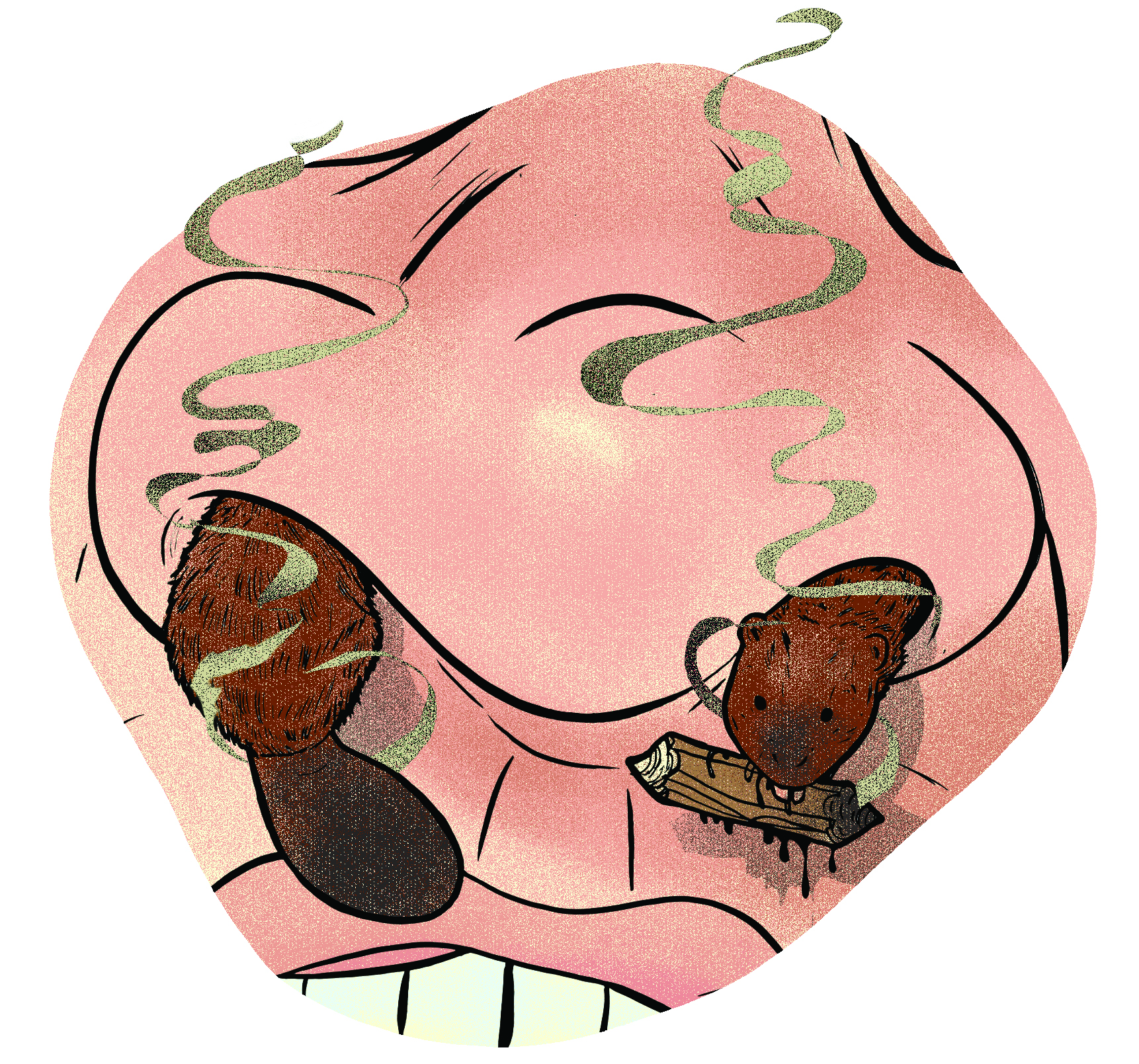

At some point, most of us get earworms—catchy tunes that play over and over in our heads. The same cannot necessarily be said for “noseworms,” or catchy smells.
Some people with conditions such as schizophrenia or migraines have reported hallucinating smells, says psychologist Avery Gilbert. “They’re categorically negative smells,” he says. “People aren’t normally hallucinating flowers.” In one 2013 study, researchers described a Parkinson’s patient as suffering from an imaginary “smoky burnt wood odor which changed to onion-gas and then to a noxious skunk-onion excrement.”
Gilbert has also researched the deliberate conjuring of smells in the mind. He has found that professional noses—paid fragrance experts—are better than the rest of us at imagining aromas. Other studies suggests that people who report more vivid apparitional smells are also more likely to experience odors in their dreams.
A true noseworm, if it exists, would be something different. It’s possible that when you get a whiff of something weird, such as castoreum (a secretion from beaver butts), a snapshot of the odor sticks with you. That might be because the fragrance has clung to your shirt or your nose hairs, Gilbert says, or it could be a kind of “mental resonation” that “sticks in your nose, and you keep smelling it throughout the day.”
Have a question? Tweet your science questions and quandaries to @PopSci with the hashtag #AskAnything, or email us at AskAnything@popsci.com.
This article was originally published in the June 2015 issue of Popular Science.
